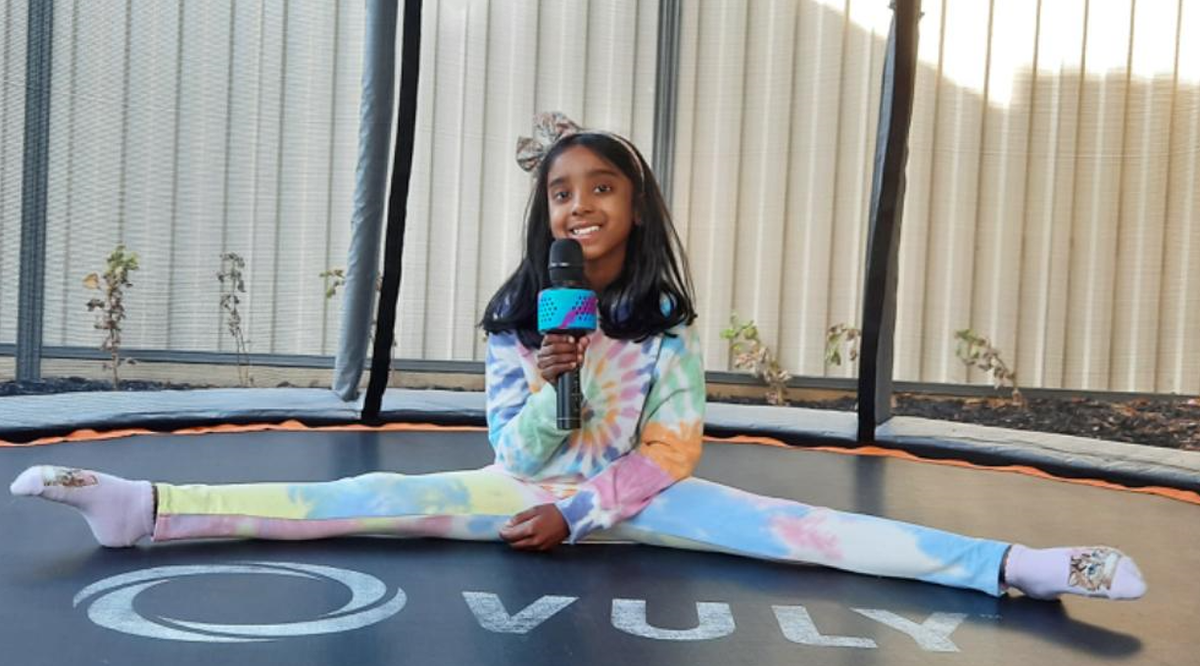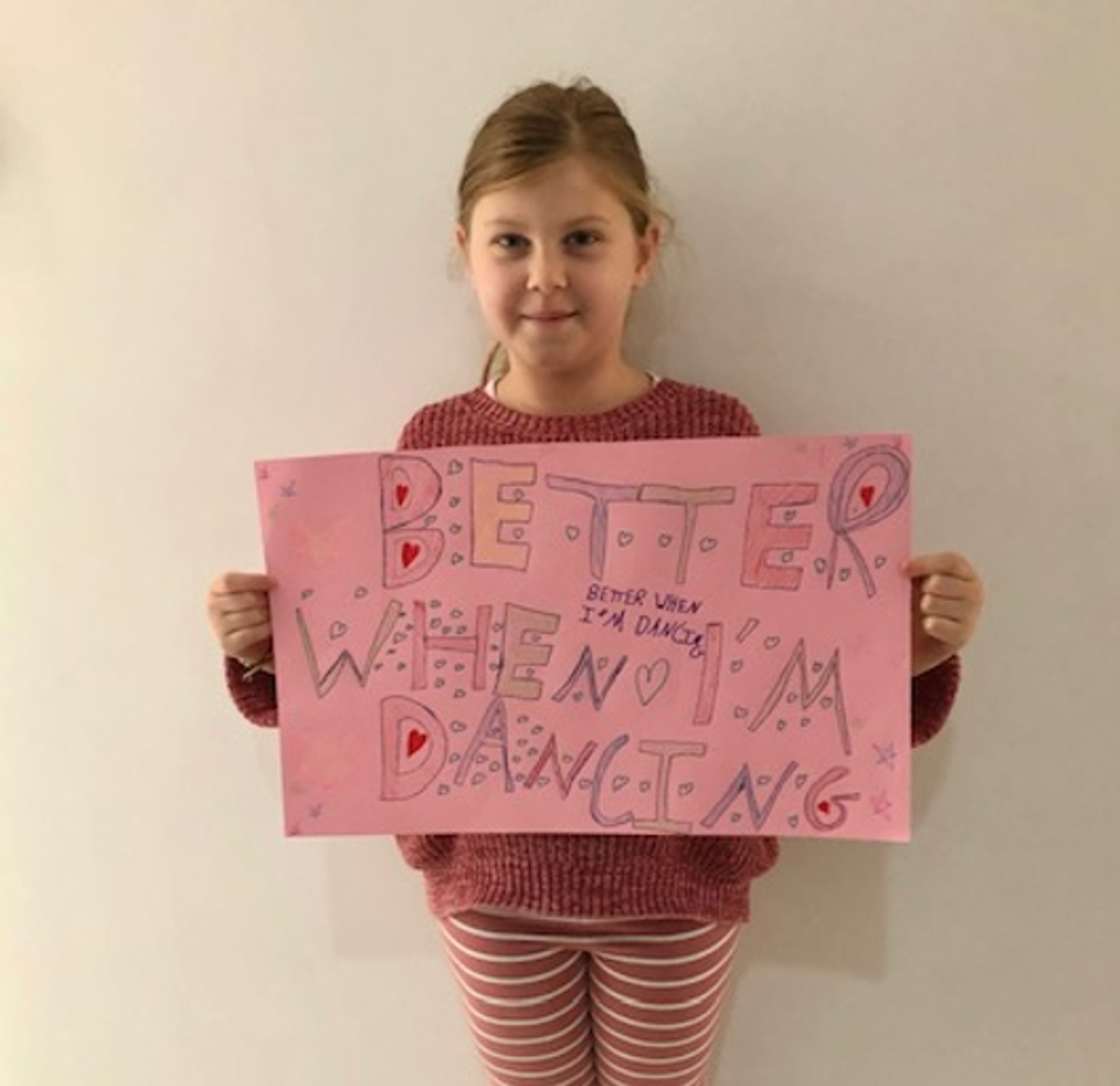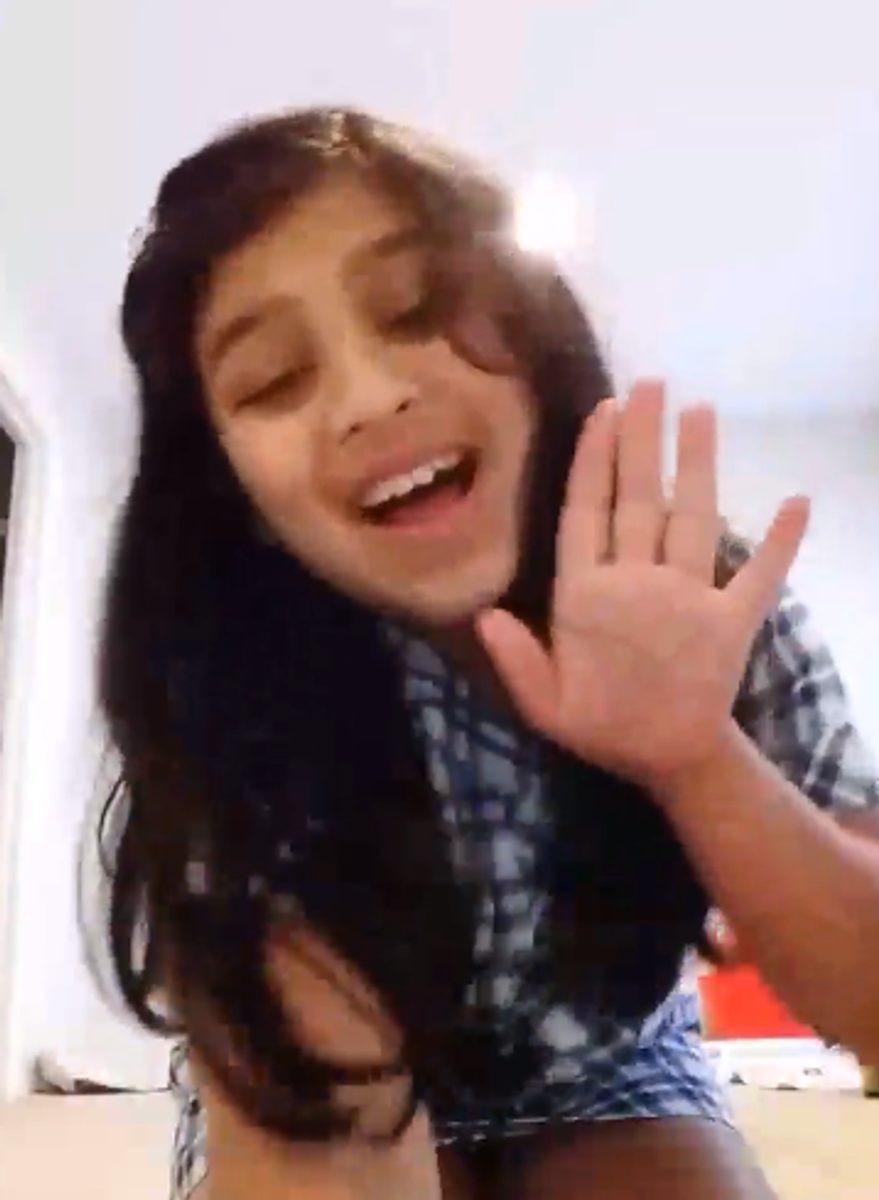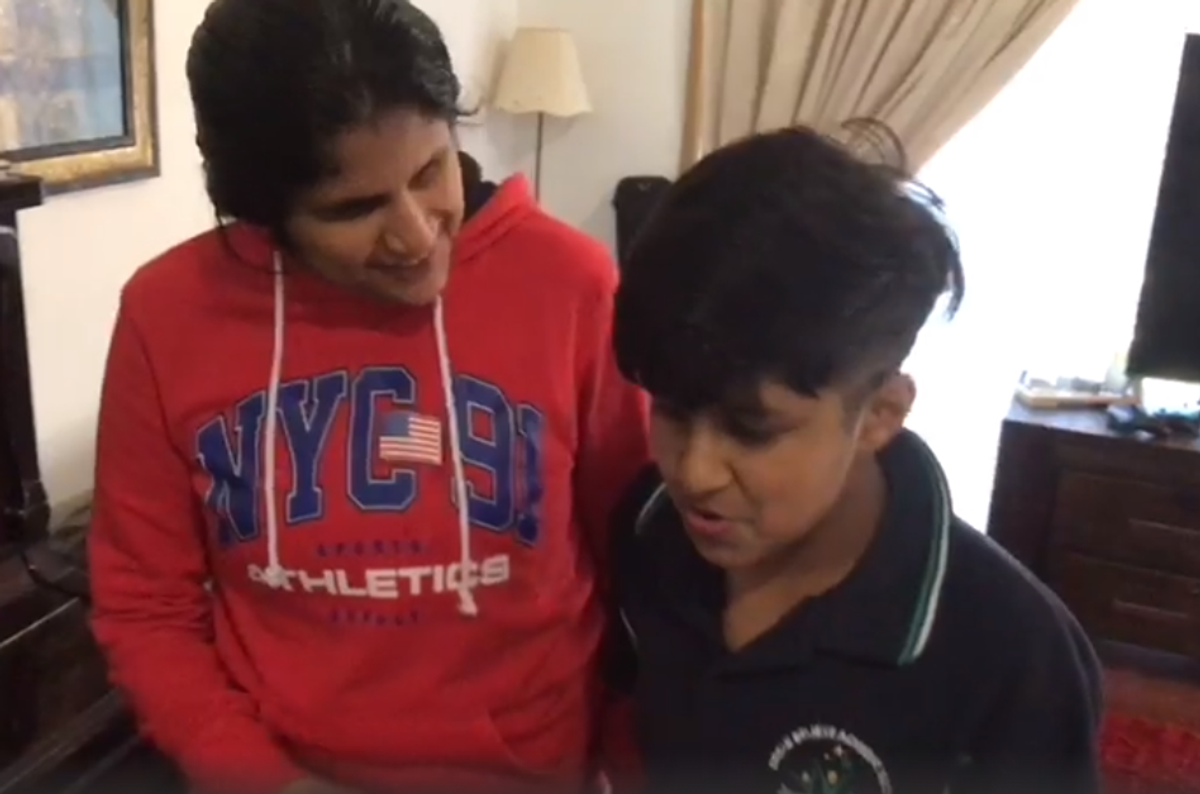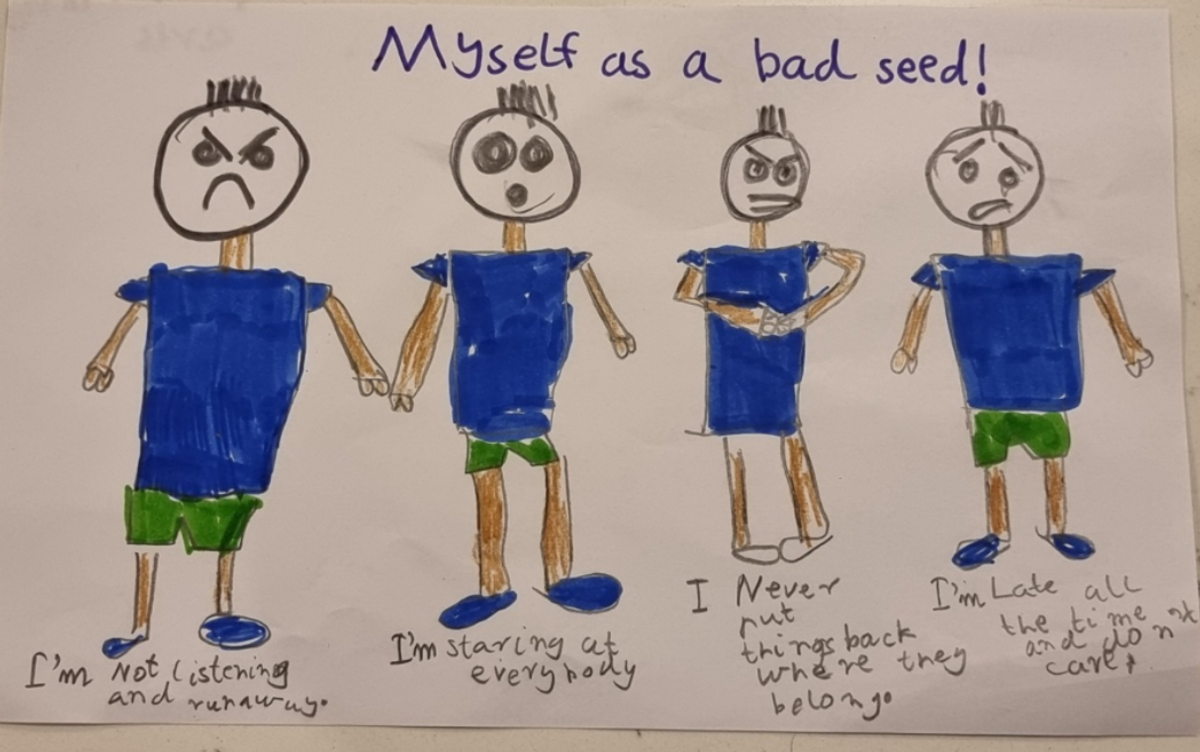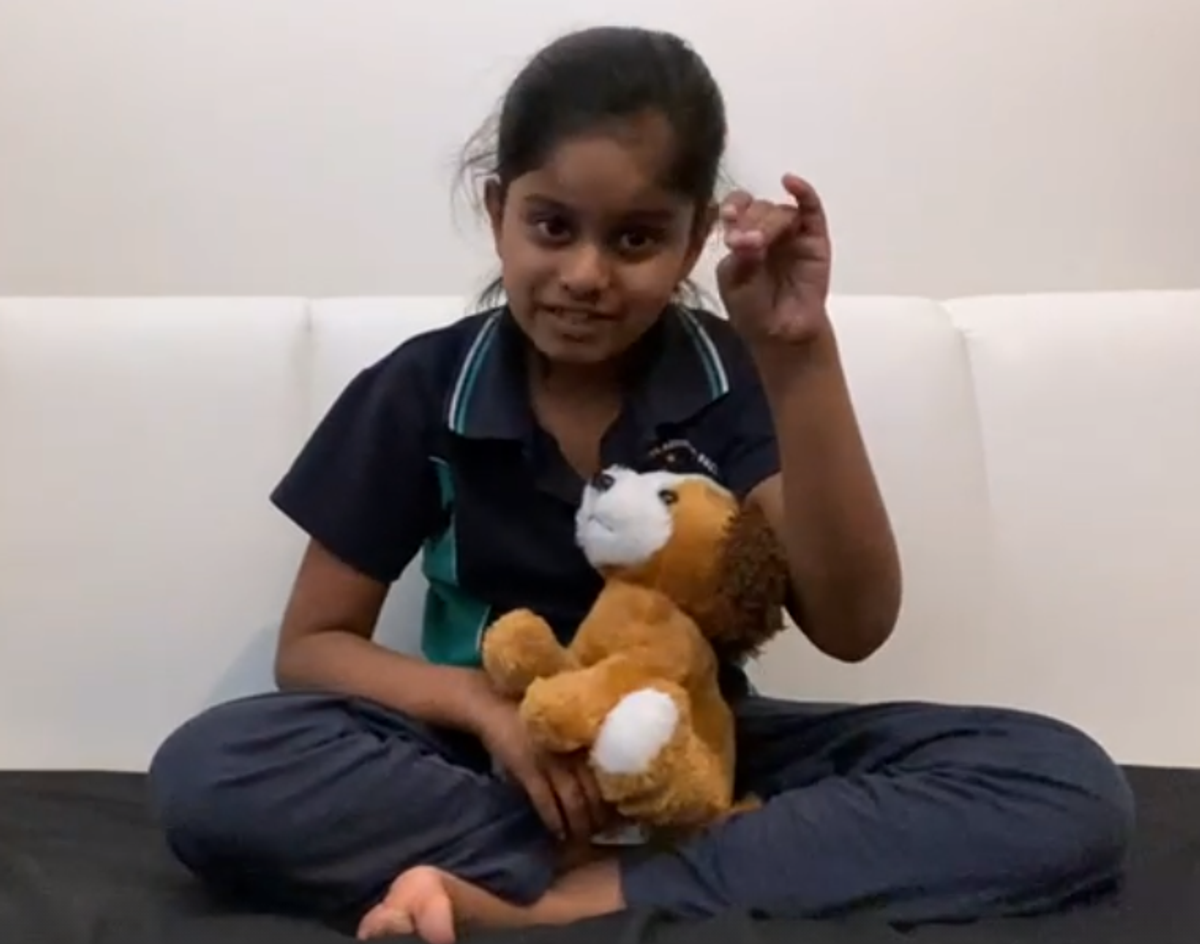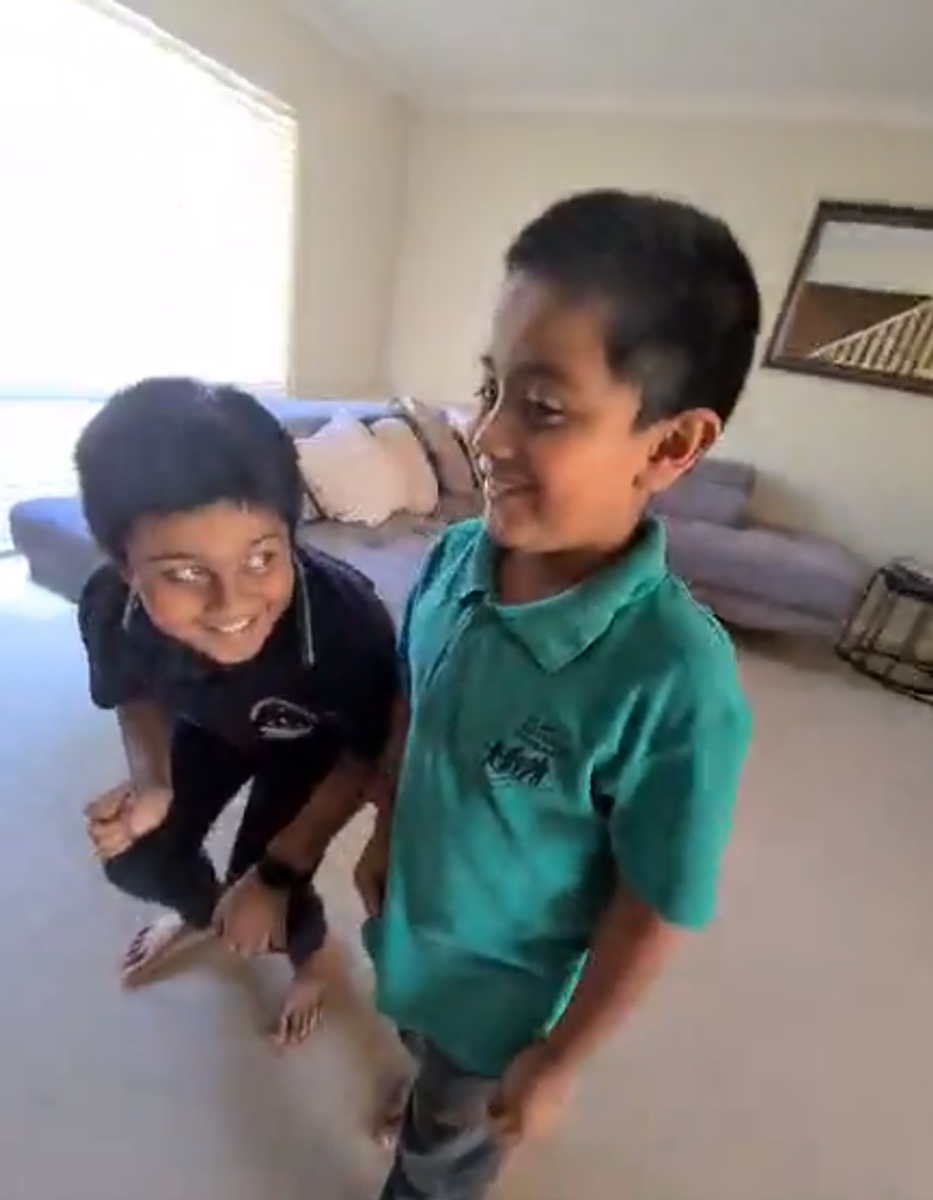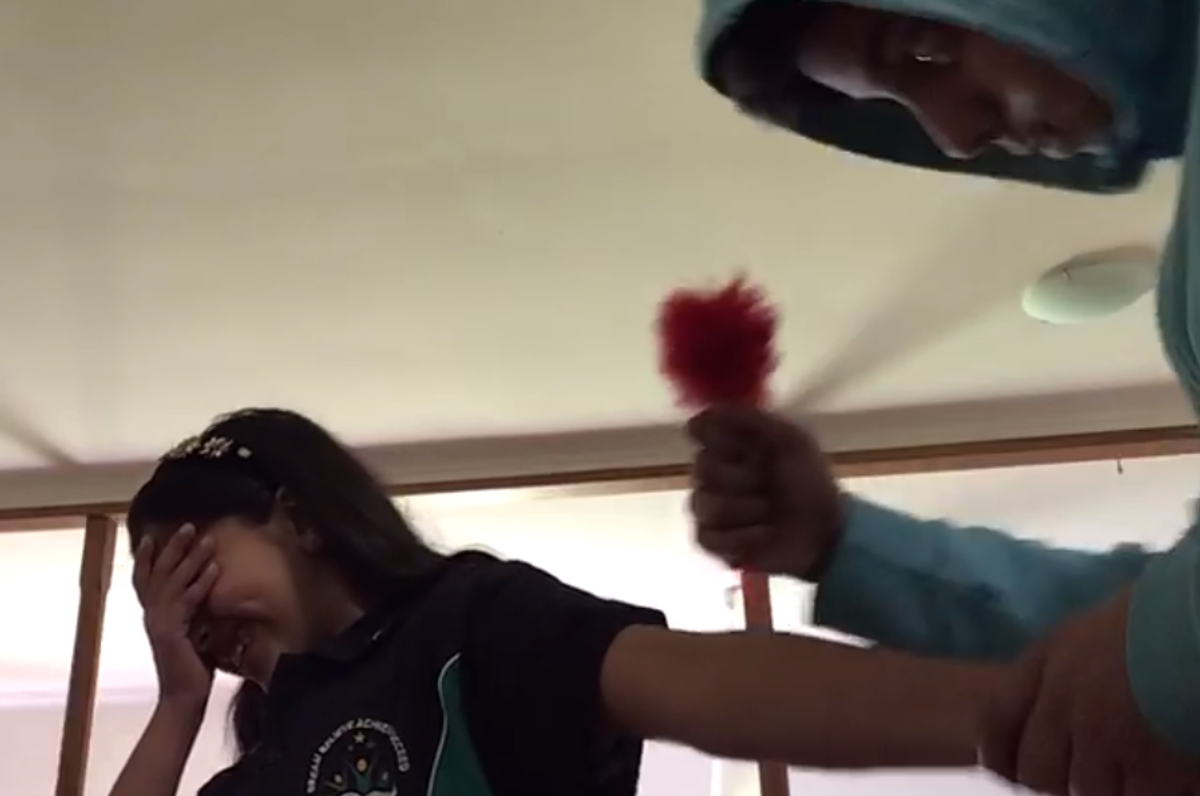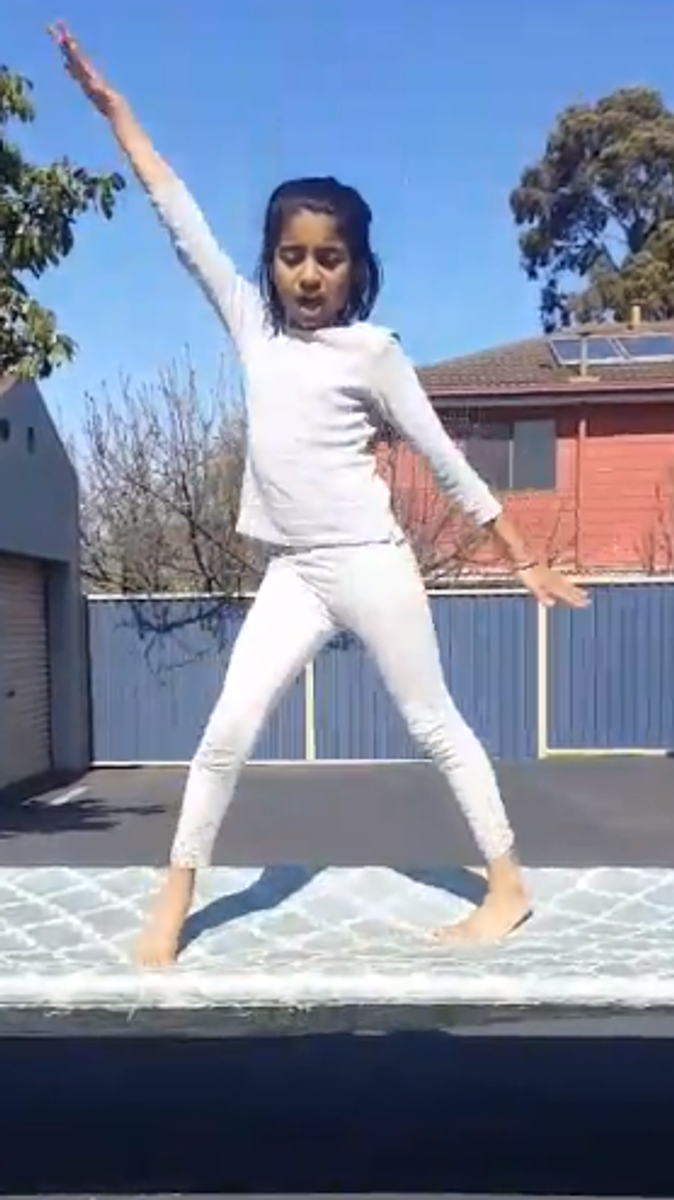Performing Arts
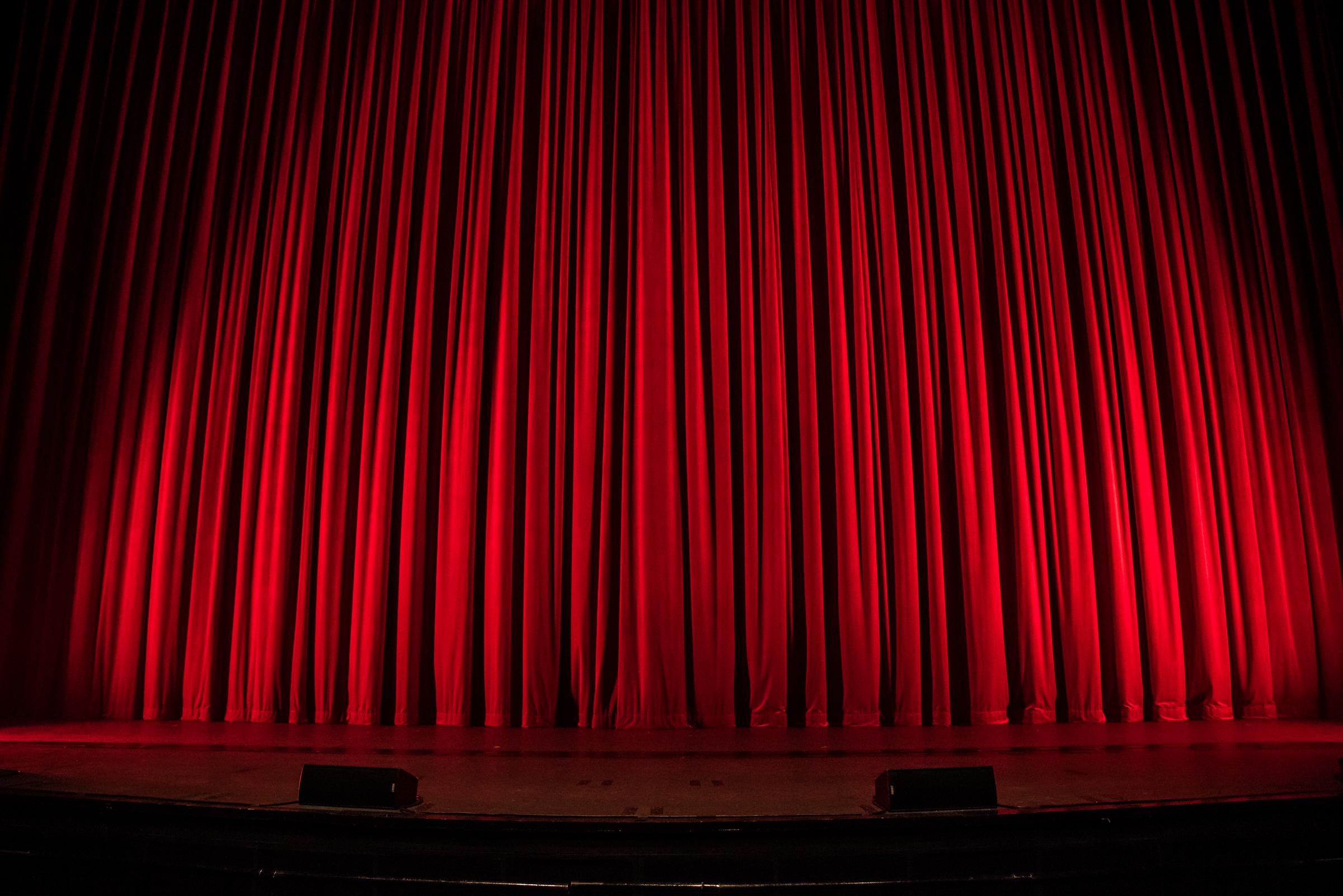
Performing Arts at GWPS will be finishing off the year of 2021 with celebration and style. Although the completion of filming for School Production was unfortunately delayed due to lockdown restrictions, Level 5/6 actors will once again have the opportunity to perform as Production characters once onsite learning is reestablished. We expect the DVD/USB to be made available for purchase in the second half of Term Four. Keep your eyes peeled for the purchase form to be sent home.
In Term Three, students across the school engaged in drama and dance through a connection to their diverse Inquiry units of learning, asking important questions such as:
- ‘How do people express themselves?’
- ‘How do different cultures communicate through the arts?’
- ‘How can digital technology influence the arts and society?’
Prep
In Term Three, students investigated how differences can be celebrated by using familiar concepts such as the natural world and zones of regulation to frame performances. They connected facial expressions, gestures and body language with their own understandings of emotion and feelings before viewing, performing and responding to a range of expressive songs and dances.
In Term Four, Prep learners will learn two foundational choreography techniques – creating actions to represent the lyrics of a song, as well as creating dance patterns using basic locomotor and non-locomotor movements. They will apply these skills to create their very own class dance to perform for ‘Prep Prom’, a special celebration to commemorate the end of their first year at school.
Year 1
In Term Three, learners explored the different ways in which we can communicate as performers without speaking. This was investigated through the lens of picture book narratives and the wonderful ways that illustrated characters and settings can be adapted into live performances.
In Term Four, learners will revisit learning from the beginning of the year, viewing a range of acting to analyse how characters present ideas to the audience through body language (facial expressions, posture, gestures, eye movement, use of space). They will describe different characters’ attitudes, actions and relationships. Using this knowledge, learners will be given the opportunity to improvise different mimed characters independently and in groups.
Year 2
In Term Three, learners found out how positive traits (often referred to as ‘character strengths’) can be exhibited through performance. Using ‘Dynamos’, a series of characters that use a special object to project their strength, learners problem-solved how different personalities can approach problems within a drama.
In Term Four, students will revisit learning from the beginning of the year, viewing a range of acting to analyse how characters present ideas to the audience through body language (facial expressions, posture, gestures, eye movement, use of space). They will describe different characters’ attitudes, actions, intentions, relationships and personalities. Using this knowledge, learners will be given the opportunity to improvise different mimed and vocal characters independently and in groups.
Year 3
In Term Three, students studied how ideas can be conveyed through drama and dance beyond dialogue and the written word. This included the breakdown of styles, themes and events of both comedy, drama and contemporary dance.
In Term Four, students will revisit learning from the beginning of the year by exploring a range of monologues before engaging in collaborative short skit rehearsals. Learners will focus on effective use of expression, voice and movement to represent a characters’ personality and intentions. Students will devise, rehearse and perform along whilst actioning feedback and feedforward from peer performers.
Year 4
In Term Three, Year 4 learners engaged with traditional and contemporary shadow puppetry from Bali, China and Ukraine. They compared these cultural artforms and how they all communicate to an audience through their technical elements.
In Term Four, students will revisit learning from the beginning of the year by exploring a range of monologues before engaging in collaborative short skit rehearsals. They will focus on expression, voice and script interpretation to represent a character’s personality. Learners will form professional groups, utilizing their skills to create an entertaining skit that addresses a social issue.
Year 5
In Term Three, students learned about the history, traditions and perspectives of dance artforms around the world, such as Polynesian dance and Brazilian capoeira. Focus, tempo, costume and tone were examined and compared, along with personal responses to individual dancers’ philosophy and viewpoints.
In Term Four, students will return to learning from the beginning of the year by engaging in improvisational drama and comedy fundamentals. Students will develop characters and scenarios through a range of improvisational group exercises with the intended outcome of building core performance skills that transfer to collaborative situations beyond the arts.
Year 6
In Term Three, learners conducted an inquiry into a deeper understanding of the ways in which digital technology and culture are interlinked. They identified aspects of digital technology within diverse dance pieces, examined strengths and limitations of using different digital technologies within performance and reflected deeply on the potential of artworks to ‘change thinking’.
In Term Four, students will apply the main elements of choreography. With facilitation from the teacher, students will choreograph their own dance sequences, based on the elected Graduation song. These choreographed dances will be used to create a dance performance in the Graduation Ceremony. Additionally, they will focus on the ‘listening and responding’ skills required of professional performers and explore the possibilities presented by collaborative development.

